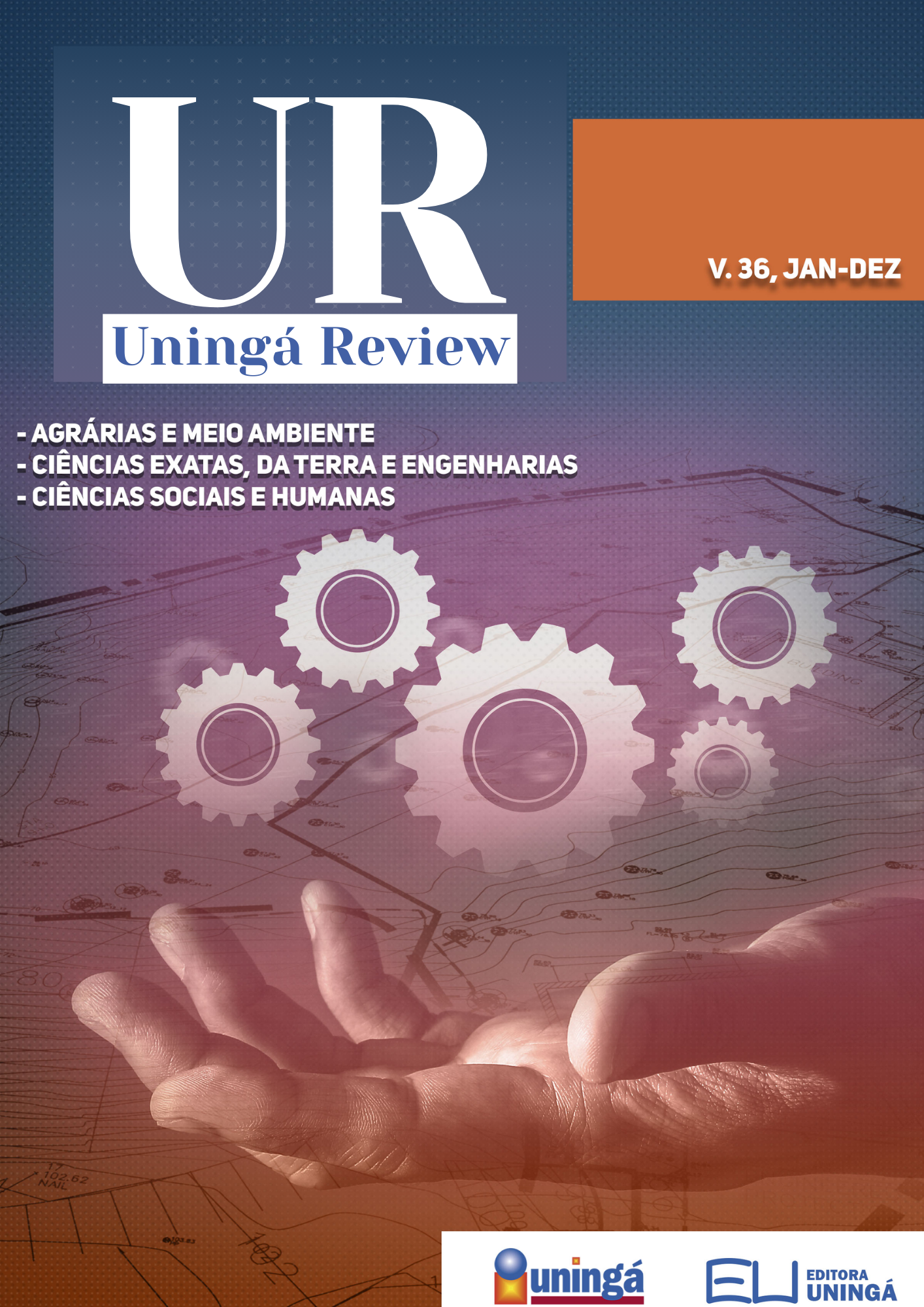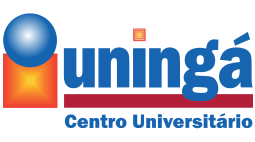KAFKA GOES TO SCHOOL - METAMORPHOSIS, FREUD, RANCIÈRE AND ADORNO
DOI:
https://doi.org/10.46311/2178-2571.36.eURJ3918Keywords:
School student, metamorphosis, role of the teacher, teaching practiceAbstract
Gregor Samsa, one morning, upon waking up, realizes that he had become a cockroach. Cockroaches are the totemic representation of the paralysis of the intellect, and Gregor's room represents what is of the order of the psychic. The traditional school is cheap. Only in the domain of what is internal, Gregor Samsa does not interfere in the world and his attempt at revolt does not appear in the subject. The system is so orchestrated by its apparatus that even in its absence, it is present. Away from the real oppressor, who profits from all the quarrels inside the Samsa residence, they all reveal the true character of what they are, Freudian parapraxia; everyone turns out to be system employees. In the classroom, it is no different. Gregor Samsa is the stupid student. This is a work of bibliographic review, in which a critical reading of the theme is sought. The purpose of this article is to detect possible links between the work Metamorphosis with school education. The fantastic brought by Kafka permeates the social criticism of a time that can be connected with the pedagogical process. The baratal objectified being is the silhouette of the school student. When Rancière points the way to intellectual emancipation, he wants to claim the individual's right to assume his will and his intelligence. Kafka, Rancière and Adorno signal us: there is an organized world that orthopedizes our thinking. In an attempt to make the content understand, the teacher-system interrupts the movement of reason, destroys confidence in itself, expels the proper path of acquisition by offering the disconnected image from the path of the other, the teacher.
Downloads
Downloads
Published
How to Cite
Issue
Section
License
Copyright (c) 2021 REVISTA UNINGÁ REVIEW

This work is licensed under a Creative Commons Attribution 4.0 International License.
I declare/we declare that the text submitted here is original, of my own authorship and does not infringe any type of third party rights. The content is my/our sole responsibility. Possible research involving animals and/or human beings is in accordance with Resolution 196/96 of the National Health Council and its complements. I declare that I am/we are in possession of the written consent of patients and that the research and its procedures were timely and adequately approved by the Ethics Committee of the institution of origin. We further declare that all institutional affiliations and all sources of financial support for the work are duly informed. I certify that there is no commercial or associative interest that represents a conflict of interest related to the submitted work. If there is commercial interest, in addition to the technical and academic ones, in the publication of the article, the information will be reported during the text.







































